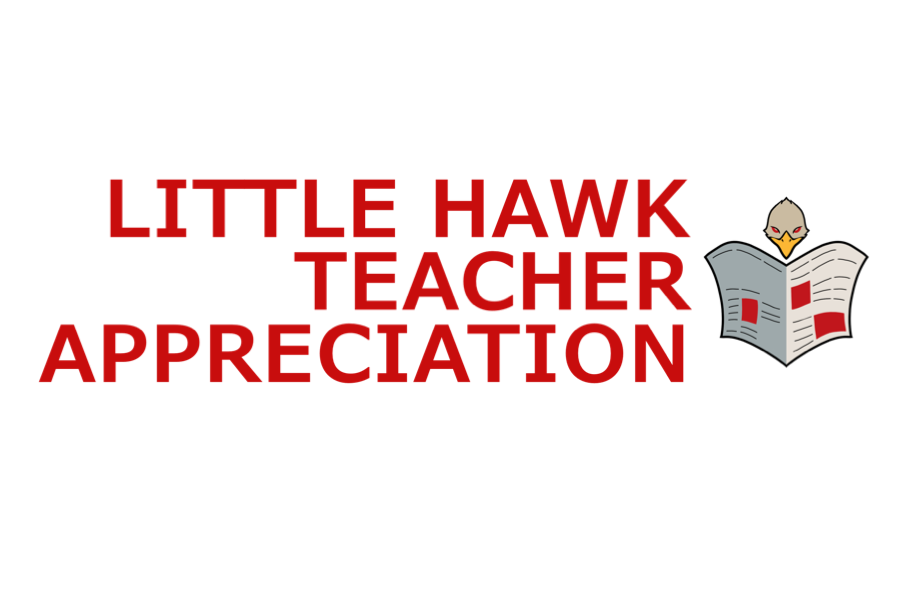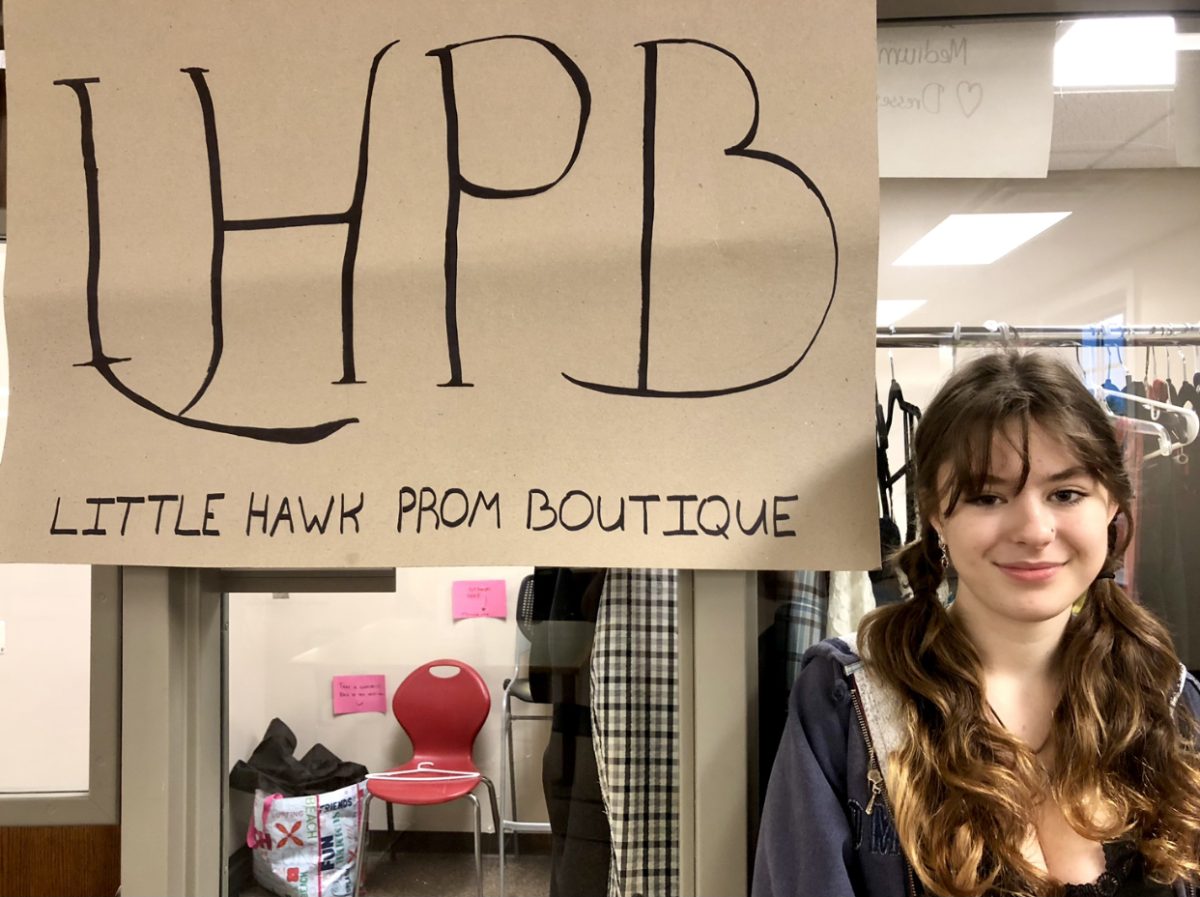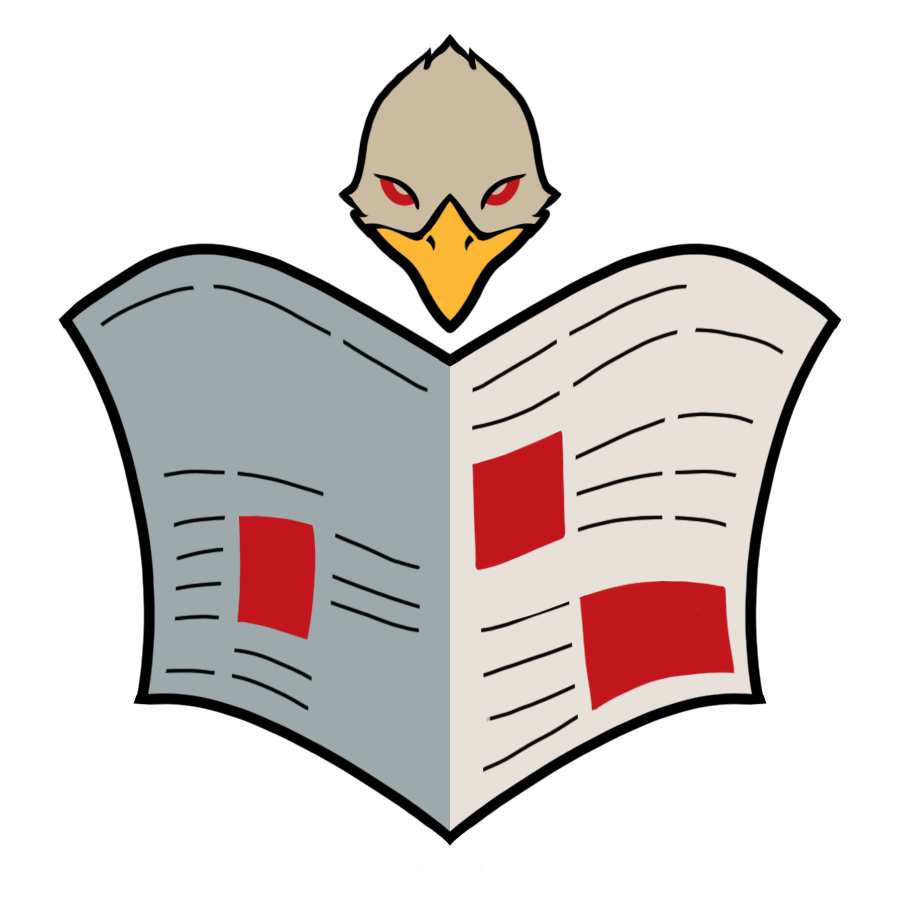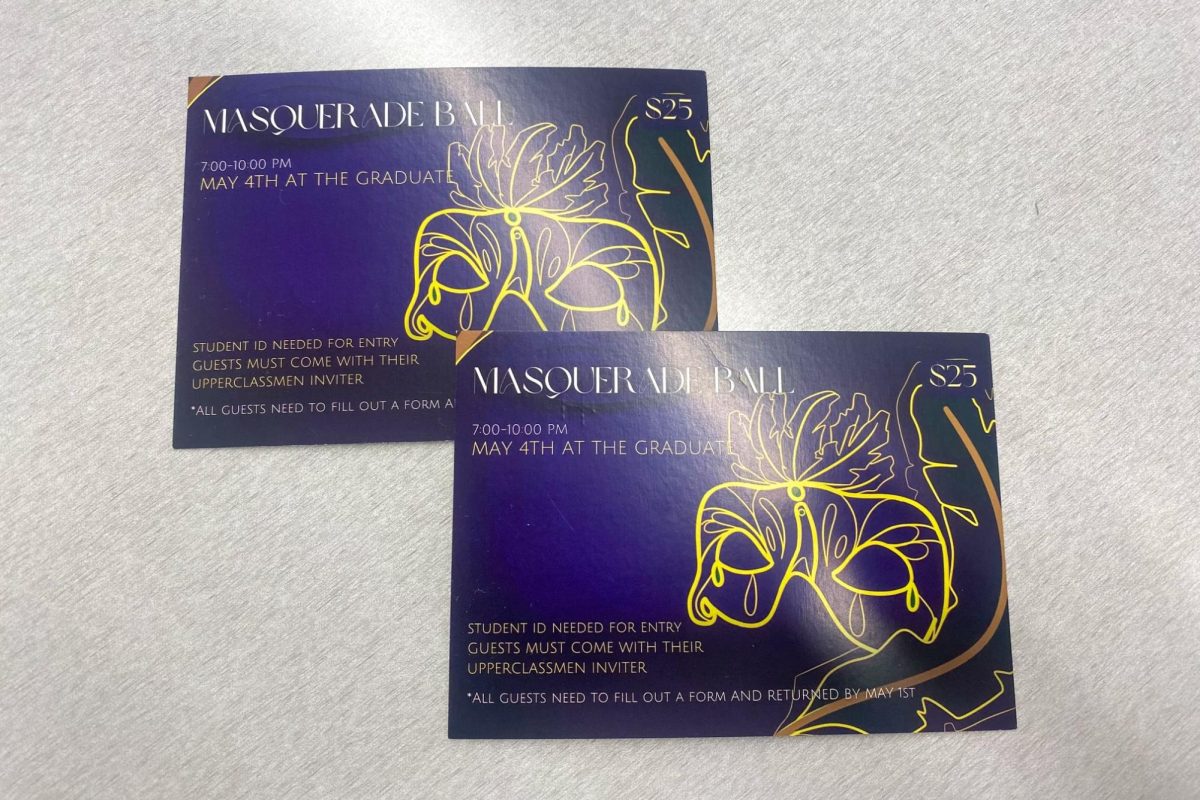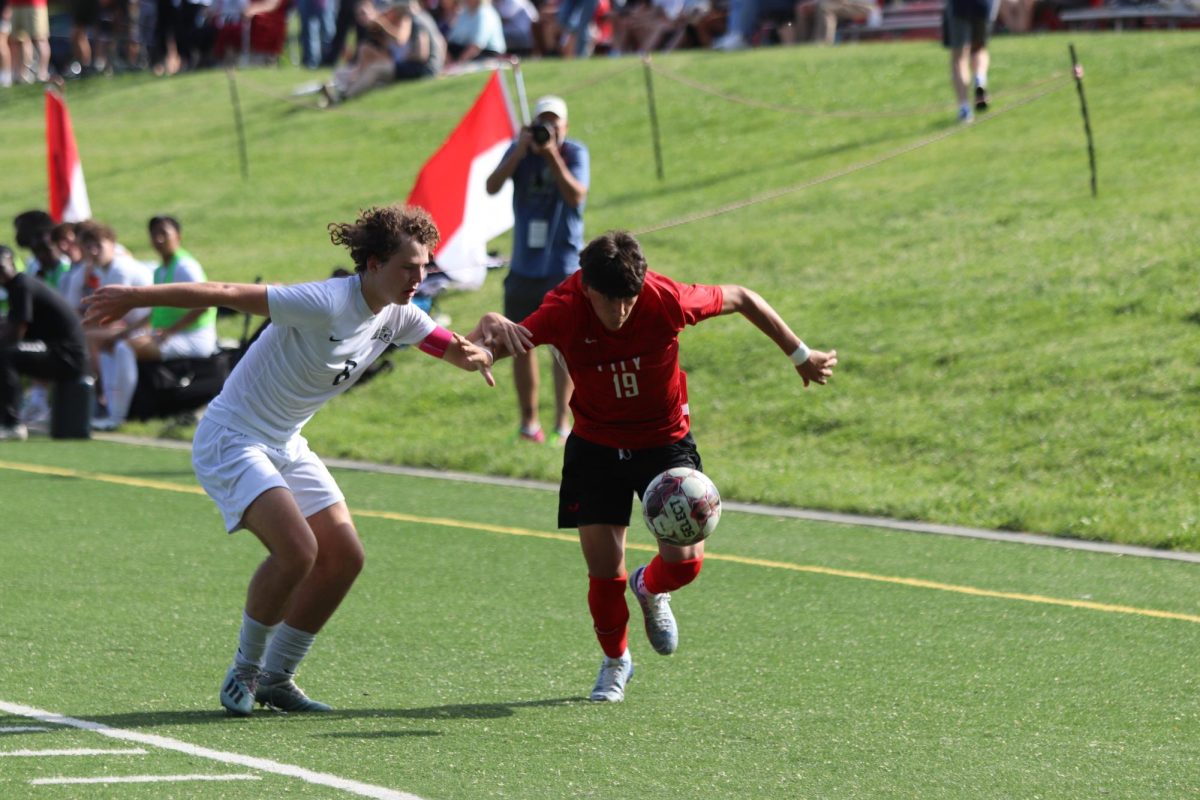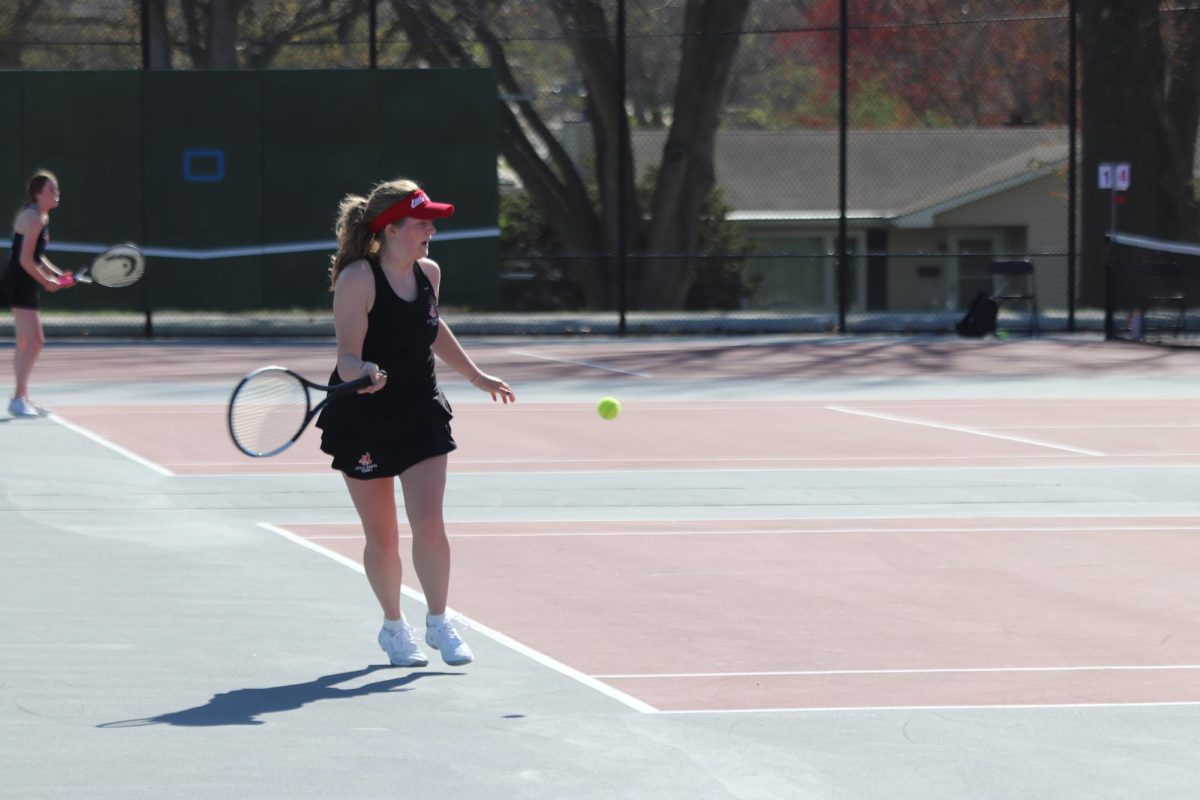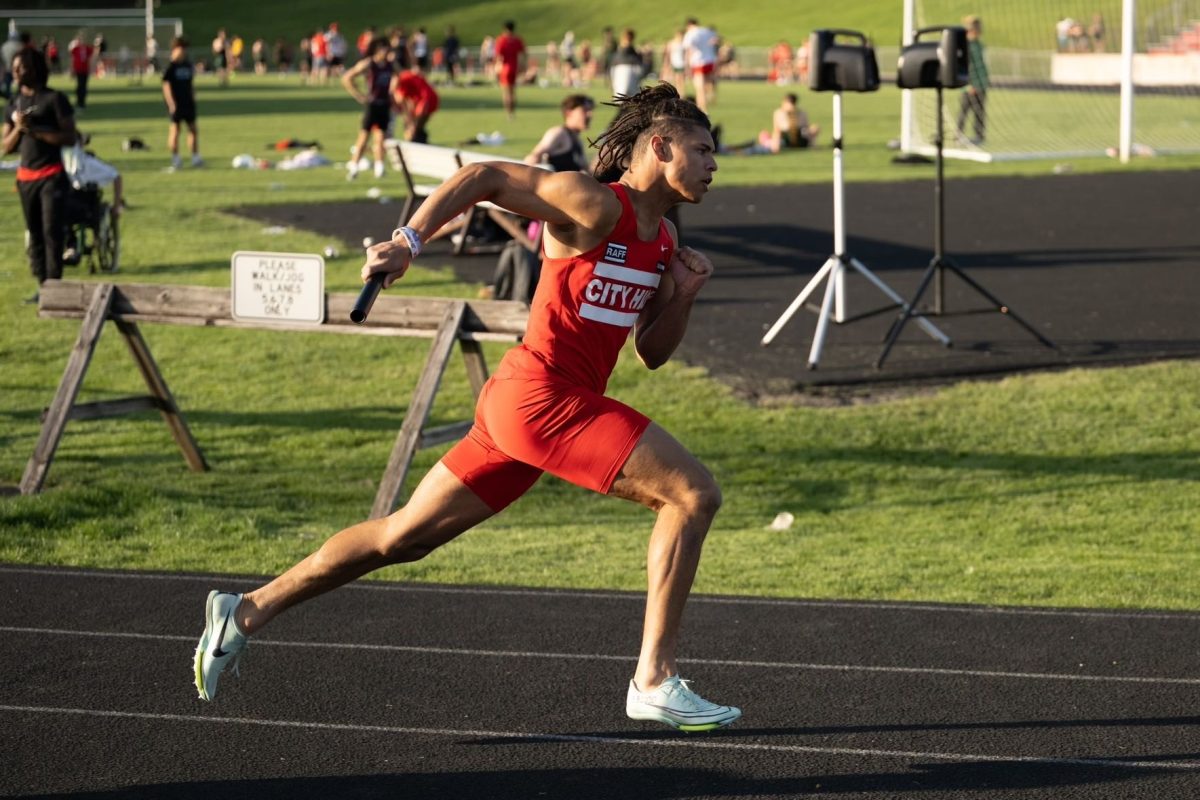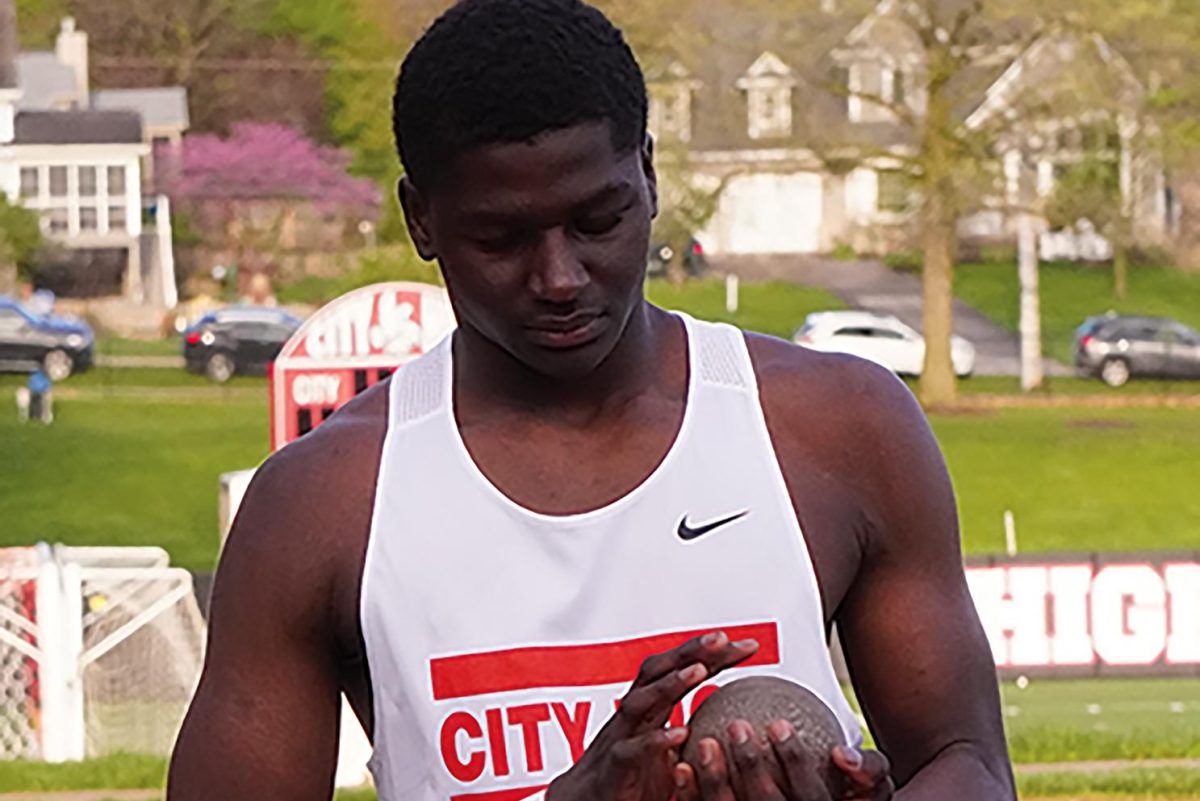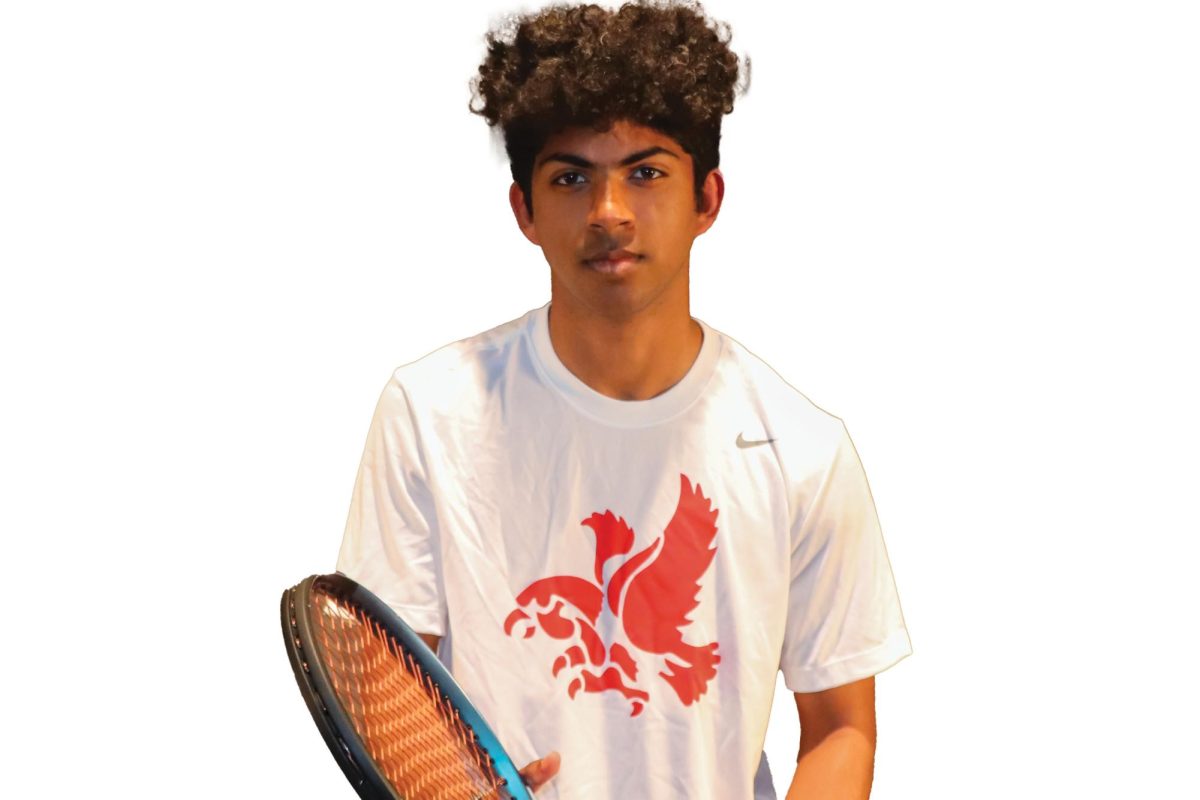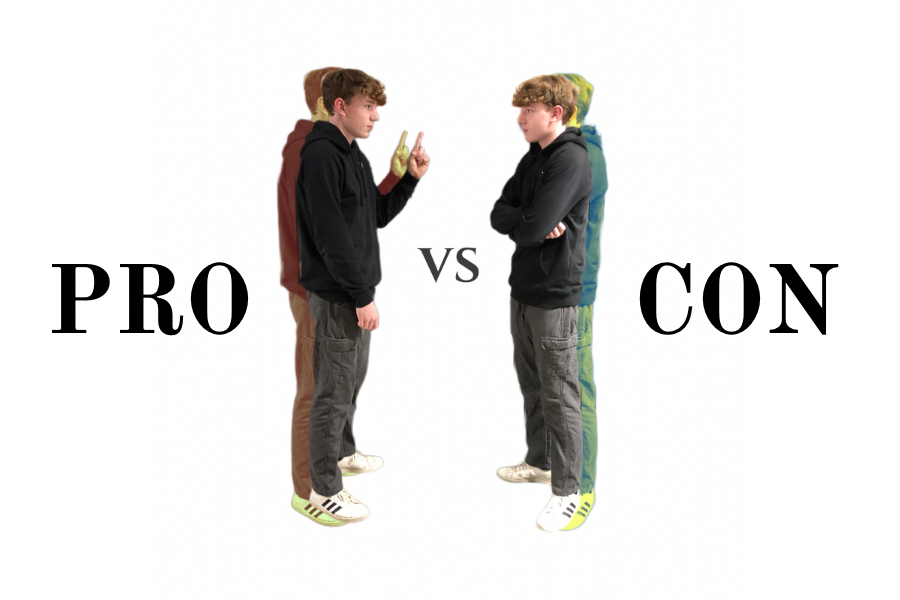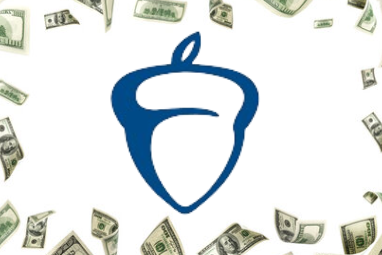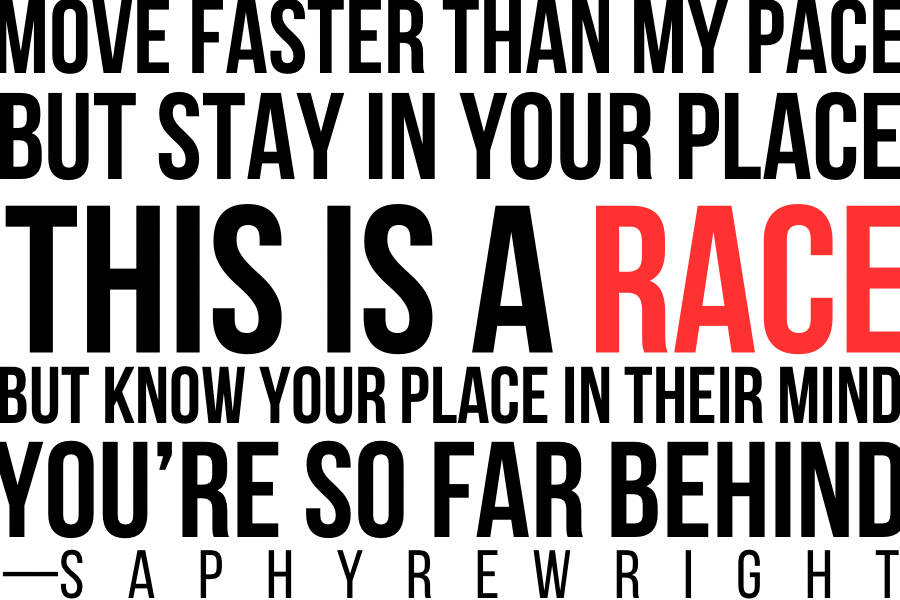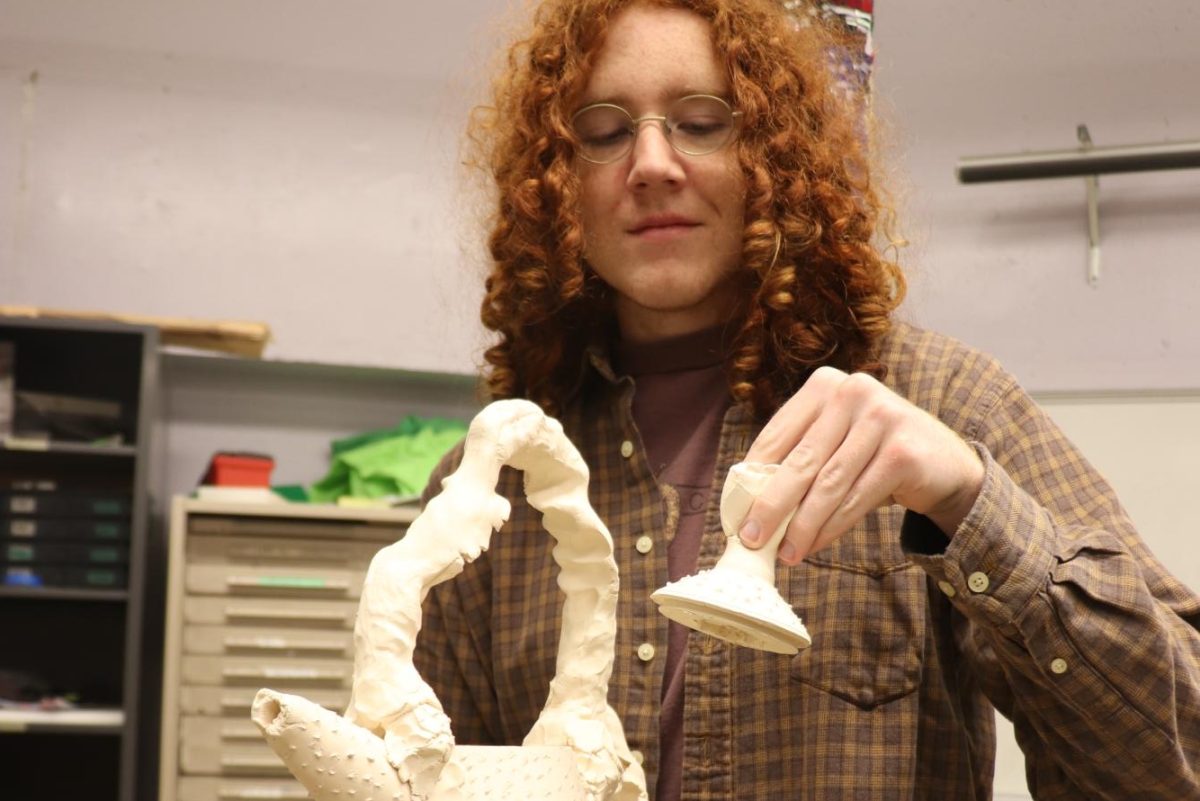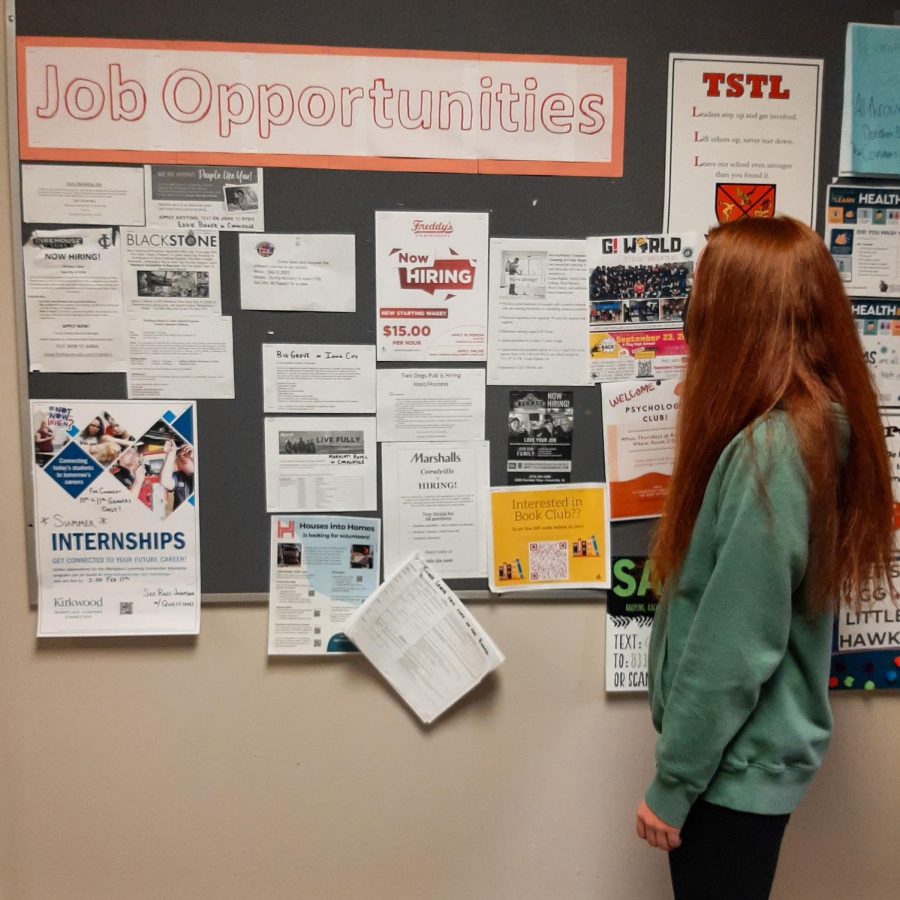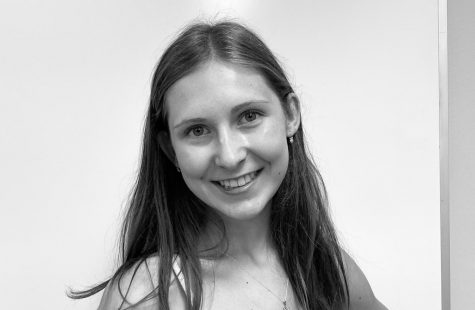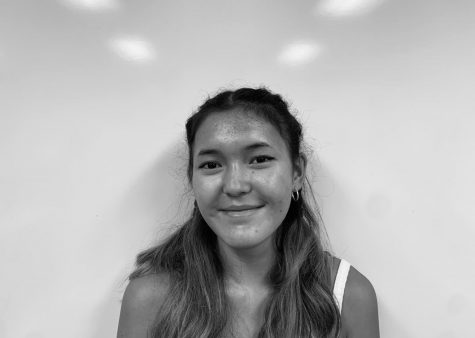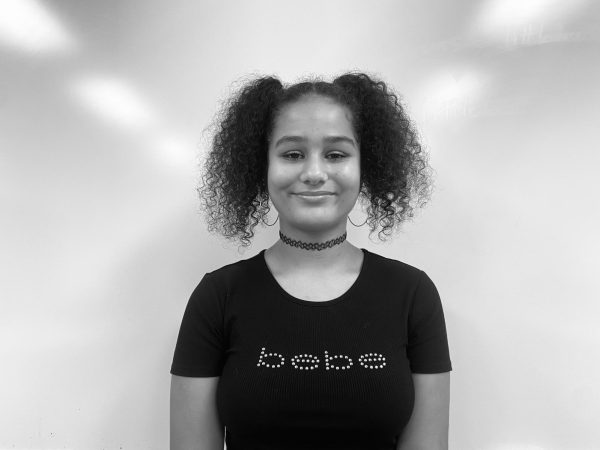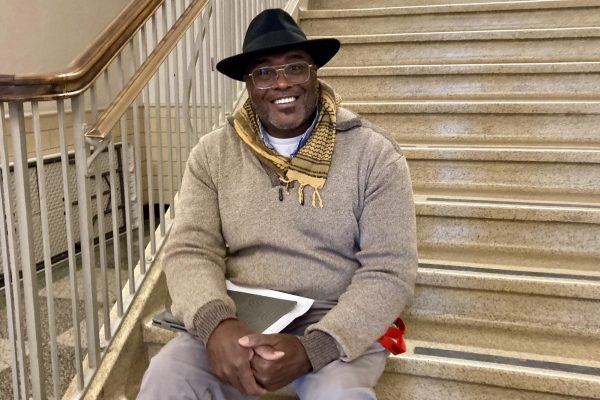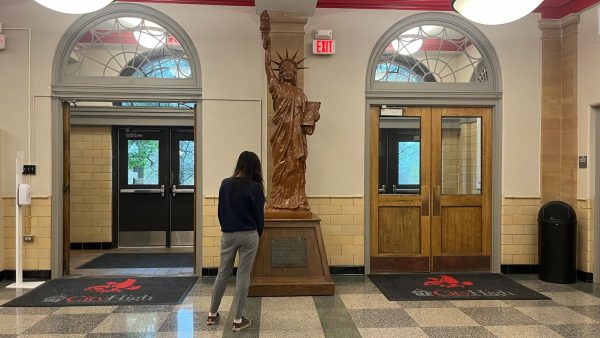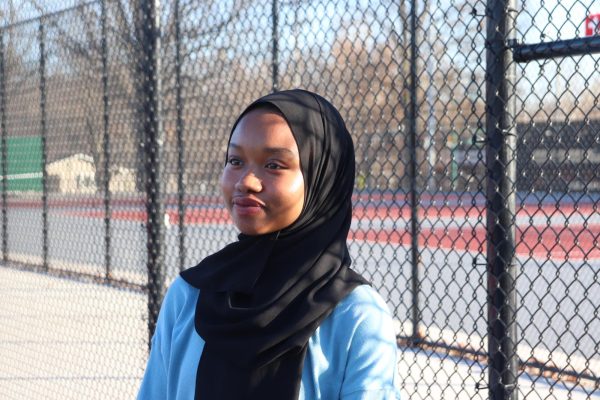Q&A: Staff Advice on How Students Can Find their Future Career Interests
Guidance counselor Maureen Beran explains how students can discover potential career interests and get started on pursuing them.
A student observes job hiring offers at various positions on the Job Opportunities Bulletin Board near the Main Foyer of City High School.
February 6, 2022
Q: How can students find out what their area of occupational interest is?
A: All students should do career interest inventories. Based on how students answer the questions, [the quiz] produces a list of careers that are associated with their interests. Another thing is just sitting down and talking with a [counselor]. I start as simple as asking ‘what classes do you enjoy?’ It could be as basic as starting with a class that [a student] enjoys. Another big thing for me is I want students to do a job shadow. If you go into a job shadow, you can learn a lot because you get to see what that profession does. So, I’d start with building their schedule based on their interests and introducing some Kirkwood academy classes.
Q: When do you think students should start considering their future interests?
A: They should start as soon as they start high school because your transcript does affect your opportunities. I always tell freshmen and sophomores the biggest thing is just to focus on doing well in your classes. Make sure you’re doing well in those classes that are tied into your [future] major. Also, take electives.
Q: What should students do to start looking into their interests?
A: It depends on what grade the student is in because it’s going to look different for a senior or junior versus a freshman or sophomore. If you are a ninth or tenth grader, things to be thinking about are job shadows and careers you could potentially be interested in. A place I always tell students to start is with a job shadow. Russ Johnson coordinates [them], so he will meet with students and find out what they’re interested in, then actually help set up those job shadows for those students. I think that’s a good starting point because, with a lot of students who do those experiences, it either validates what they want to go into or it has them thinking about maybe it not [being the right fit].
For juniors and seniors, they can do internships. Students are at the location longer and they’re more active. They can really get a lot out of that experience and can get credit out of that as well.
The other thing is just talking to your counselor about interests. We can help students when they’re selecting classes, guiding them towards a path that they’re interested in.
Q: How are Kirkwood classes helpful for thinking about this?
A: Kirkwood academies are pretty awesome because they’re a group of classes that are designed for a specific career interest. There are so many [classes], and our part as counselors is trying to think of better ways to market [Kirkwood] because it’s such a great opportunity. They’re designed to work with students’ schedules at City High.
Q: How do counselors help students through the college process and find the right place for pursuing their career path?
A: We try to meet with all our junior students just to check in with them and give information about how the process works. Like, ‘when do you start applying for college? When do you start applying for scholarships? When do you do your financial aid?’ Then come senior year, when [students] actually start doing college applications, we help them with that and have scholarships available on our counseling website.
Q: What resources would you recommend for helping students with discovering their interests?
A: Talk to [your counselor]. We’ll be able to answer a lot of questions. Teachers are also a great resource, they might be able to share some new info that a student doesn’t know. Also, do research on yourself. I always tell especially seniors and juniors to do research on the websites [of the colleges they’re considering], like looking at their programs and doing college visits.


